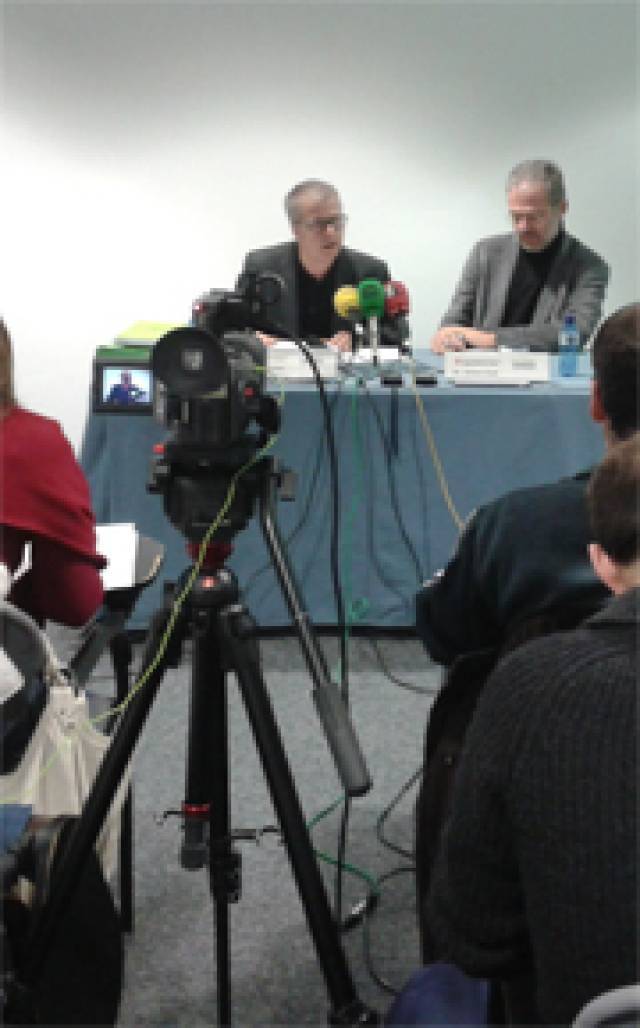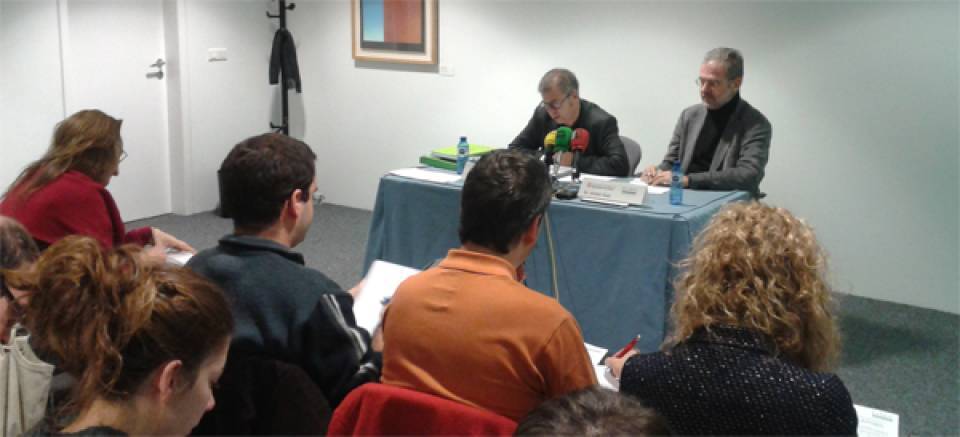According to the World Health Organization (WHO), alcohol is the second most important risk factor for disease and premature death in Europe, after tobacco. However, many drinkers are not aware of the associated risks, and the fact that they put themselves in danger of up to 60 diseases or disorders related to alcohol by not changing consumption habits. For men the consumption level is considered risky when it exceeds 28 standard units of alcohol per week, or 6 units on one single occasion. For women the risk cut-off line starts at 17 units per week or 5 units on one single occasion. A standard unit of alcohol in Spain (10g of alcohol) is equivalent to a beer or a glass of wine, while a glass of liquor is equivalent to two units.
Given the importance alcohol-related problems, the Hospital Clínic Foundation of Barcelona is leading the ODHIN project, which aims to investigate how best to spread and improve the use of methods to identify patients in primary care in the early stages of developing problems with alcohol, and to provide help and support for this group. This project, funded by the 7th Research Framework Programme of the European Commission, involves twenty academic and health institutions from 9 European countries: Spain, The Netherlands, United Kingdom, Italy, Sweden, Poland, Slovenia, Portugal and The Czech Republic.
From the 13th to 15th February, ODHIN is holding its Second International Meeting at Caixa Forum centre, in Barcelona. The project was presented in a press conference by Dr. Antoni Gual, ODHIN project co-leader and head of the Addictions Unit of the Hospital Clínic - IDIBAPS of Barcelona, and Dr. Joan Colom, Director of the Programme on Drug Abuse of the Catalan Regional Government, in Spain.

Brief interventions can be as simple as a general practitioner taking advantage of the common situation of a regular medical visit to ask respectfully about the level of drinking, attitudes and any associated behaviour, evaluating the level of risk and subsequently offering advice and helping patients to make and carry out a practical plan to reduce their consumption and improve their health.
A vast body of scientific research has found that this type of intervention can reduce the prevalence of hazardous drinking and its associated problems by up to 20%, and is an important tool, among others, in reducing the negative health impacts of alcohol at the population level.
The Catalan programme Beveu Menys (“Drink less”), run by the Programme on Drug Abuse at the Catalan Government’s Department of Health, is a pioneer in the implementation of early detection and brief interventions strategies in the primary care system. It is the only program in Europe that has been implemented across the primary care centres in a whole region (with 562 professionals trained to address specific risk alcohol consumption among patients), and has been recommended as ‘good practice’ in health by the Platform for Technical Cooperation in Health under the Directorate General for Health & Consumers of the European Commission (DG SANCO) and the European Committee of Regions.

